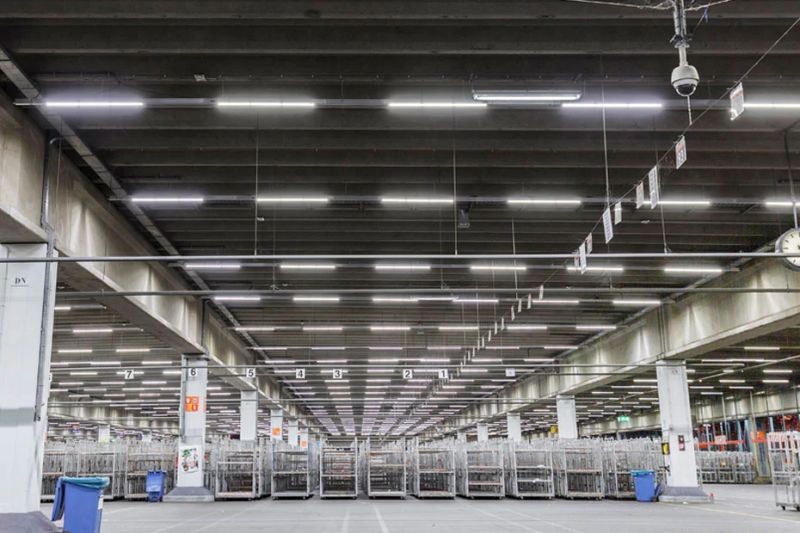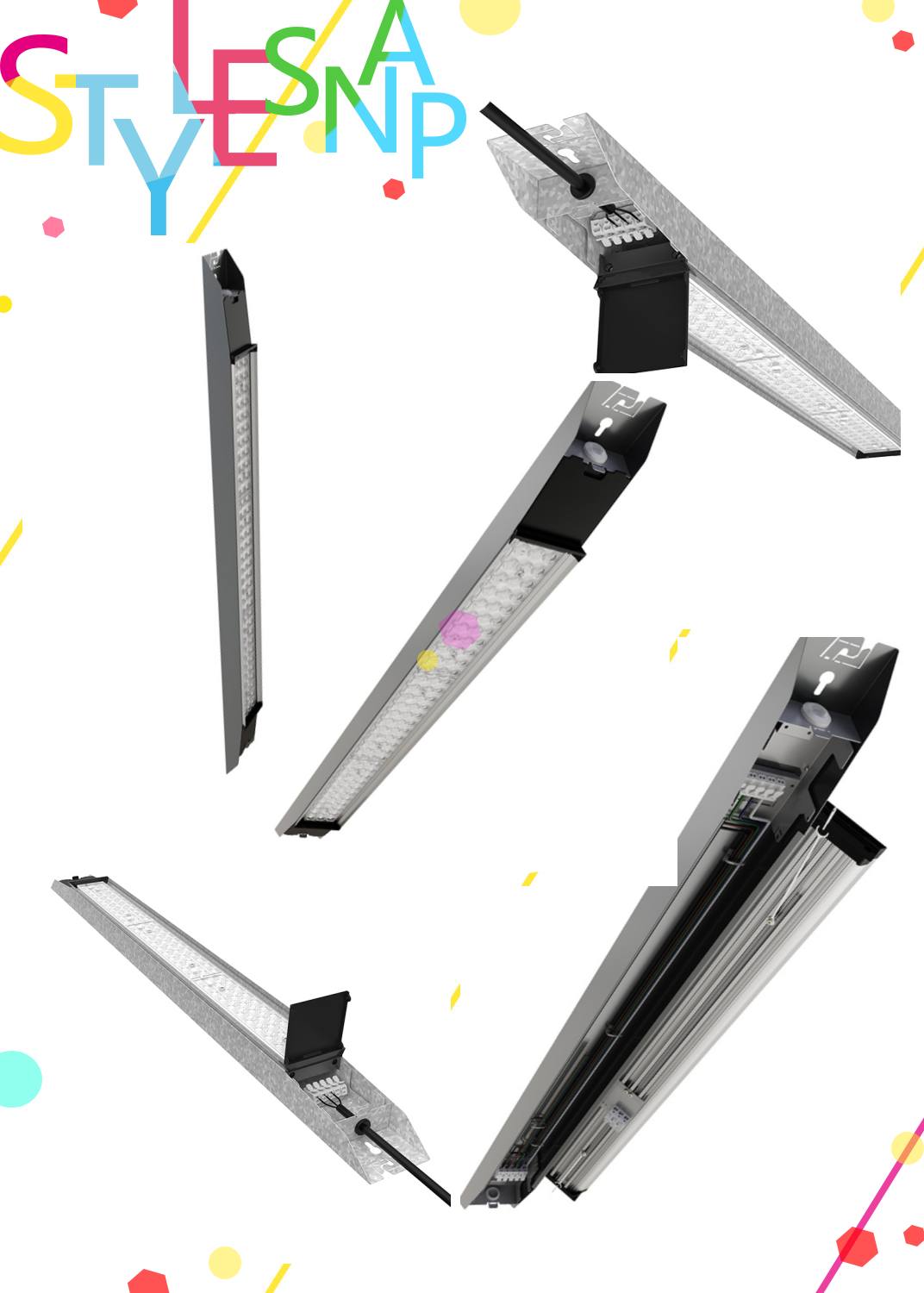Linear lighting and nonlinear lighting refer to different approaches or characteristics in lighting design and control, primarily distinguished by their behavior and application in various contexts. While linear lighting is characterized by its linear shape and versatility, nonlinear lighting refers to a broader concept that encompasses dynamic, intelligent, and adaptive lighting systems. The choice between the two depends on the specific requirements and goals of the lighting design.
Linear Lighting
Linear Lighting Definition
Linear lighting refers to a type of lighting system or fixture that features a distinct linear shape or form. This category encompasses a wide range of lighting elements that emit light in a straight or elongated pattern, typically along a single axis. The linear design allows for flexibility in both aesthetic and functional applications, making it a popular choice in various interior and exterior spaces.
Linear Lighting Characteristics
Shape and Design - The defining characteristic of linear lighting is its elongated shape, which can range from thin and flexible strips to more rigid tubes or bars. This shape provides a clean and modern aesthetic that complements many architectural styles. Linear lighting elements can be mounted horizontally, vertically, or even curved to fit the contours of a space, offering versatility in design and installation.
Versatility - Linear lighting is incredibly versatile and can be used for a wide range of applications, including accent lighting, task lighting, and ambient lighting. It can be easily integrated into various architectural features, such as coves, soffits, and ceilings, or used as standalone fixtures.
Uniformity - Linear lighting often provides a uniform distribution of light along its length, creating a consistent and balanced lighting effect. This is particularly useful in spaces where even illumination is desired, such as retail stores, offices, and corridors.
Linear Lighting Applications
Linear lighting is commonly used in commercial and residential spaces for decorative and functional purposes.
It can be embedded in walls, ceilings, floors, or furniture to create a seamless and integrated lighting solution.
Examples include LED strip lights in coves, under-cabinet lighting, and accent lighting in retail stores.

Nonlinear Lighting
Nonlinear Lighting Definition
Nonlinear lighting is a term that is less commonly used in a strict sense to describe a specific type of lighting. However, it can refer to lighting systems or control methods that do not follow a strictly linear or predictable pattern.
Nonlinear Lighting Characteristics
Dynamic - Nonlinear lighting often involves variable or dynamic lighting effects, such as dimming, color changing, or movement.
Intelligent Control - It may incorporate advanced control systems, such as DMX or DALI, that allow for precise and programmable control of lighting parameters.
Adaptive - In some cases, nonlinear lighting can be adaptive, responding to environmental factors or user input to adjust its behavior.
Nonlinear Lighting Applications
Nonlinear lighting is often found in entertainment venues, such as theaters, concert halls, and nightclubs, where dynamic lighting effects are desired.
It can also be used in architectural lighting, where the goal is to create a unique and immersive visual experience.
Smart home systems may incorporate nonlinear lighting, allowing users to customize their lighting environments based on mood, activity, or time of day.
Comparison
| Linear Lighting | Nonlinear Lighting | |
| Definition | Lighting systems or fixtures with a linear shape or form | Lighting systems or control methods that do not follow a strictly linear or predictable pattern |
| Characteristics | Uniformity, versatility, easy integration | Dynamic, intelligent control, adaptive |
| Applications | Commercial and residential spaces, accent lighting, task lighting | Entertainment venues, architectural lighting, smart home systems |
TUBU Customized Industrial Linear LED Lights
In the pursuit of high efficiency, energy saving and durability in the field of industrial lighting, TUBU proudly introduces a new generation of industrial linear LED lights, customized for demanding industrial environments, redefining the standard of industrial lighting with superior performance, innovative design and ultimate cost-effectiveness.

Product Highlights
Energy efficient, green first
Long life, stable and reliable
Precise lighting, improve efficiency
Durable and adaptable
Intelligent control, flexible and convenient
Advantages of large-volume wholesale
Exclusive discount - for large-volume purchasing customers, we offer competitive price concessions to ensure that your procurement costs are optimized.
Customized service - support product customization according to customer specific needs, including length, light color, power, etc., to meet personalized lighting needs.
Fast delivery - with a perfect supply chain system and efficient production capacity, to ensure that large orders can also be completed on time and quality delivery.
Worry-free after-sales service - We provide comprehensive pre-sales consultation, in-sales support and after-sales service, including installation guidance, free maintenance during the warranty period, etc., so that you can purchase without worry.
Invitation for cooperation
We invite domestic and foreign major industrial enterprises, lighting engineers, distributors and other partners to work together to create brilliant. Whether it is a large factory, warehouse, logistics centers, or production lines, workshops, tunnels and other places, our LED lights are your ideal choice. Let's open a new chapter of industrial lighting together and contribute to the sustainable development of enterprises!
